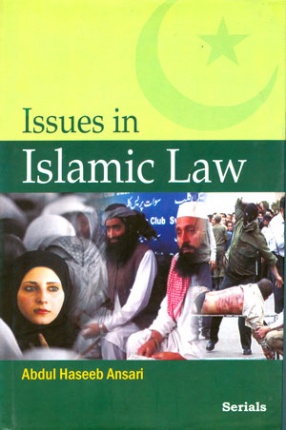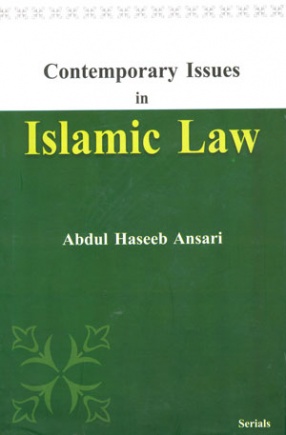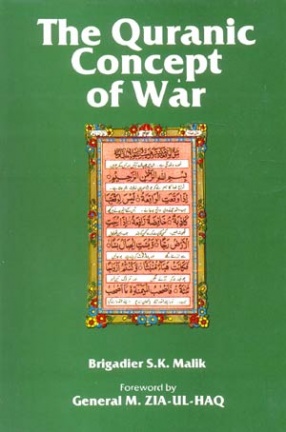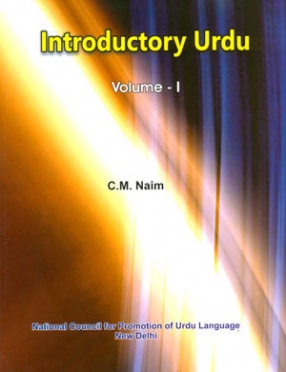Issues in Islamic Law
From the Islamic point of view also, jurisprudence can be said to be a scientific study of legal precepts in the light of techniques and relevant rules of other related disciplines that are in conformity with injunction contained in the Qur'an and the Sunnah. Principles of law are in the form of commands having divine wisdom have been made known to the man through the Qur'an and the Sunnah od the Prophet (saw) (Prophetic traditions: what Prophet did, decided on disputes and asked people to do or abstain from doing). The Sunnah comprises principles derived from ahadith ( Plural of hadith, narrations by Prophet's companions about what Prophet did in his life, decided on disputes and asked people to do or abstain from doing0. They together constitute the basic source of legal principles. Since they provide only basic principles, detailed rules and rules to meet the challenge erupting in the society are required to be made by followers of Islam themselves. Islam, thus, encourages its followers to further develop the law through various suggested means by application of human reason. But the validity of laws, based on human wisdom, has to be determined on the basis of the basic sources, the Qur'an and the sunnah. Any man-made law if does not conform to them, stands invalid and thus not be followed, unless there are compelling circusstances. Even in these circumstances any man-made law has to be followed in a limited form, with apredominant sense of reluctance. For example, Muslim jurists are of the opinion that haram (prohibites) things become halal (allowable) in a compelling circumstance, like a medicine had alcohol, which is necessary to be taken, and any non-alcoholic alternative is not available. A Muslim can take that medicine only in a limited quantity, as determined by the doctor, with a predominant sense of reluctance. Broadly speaking, mouthwash and cough syrup having alcohol are not permissible because both have non alcoholic alternative.
Get it now and save 10%
BECOME A MEMBER











Bibliographic information